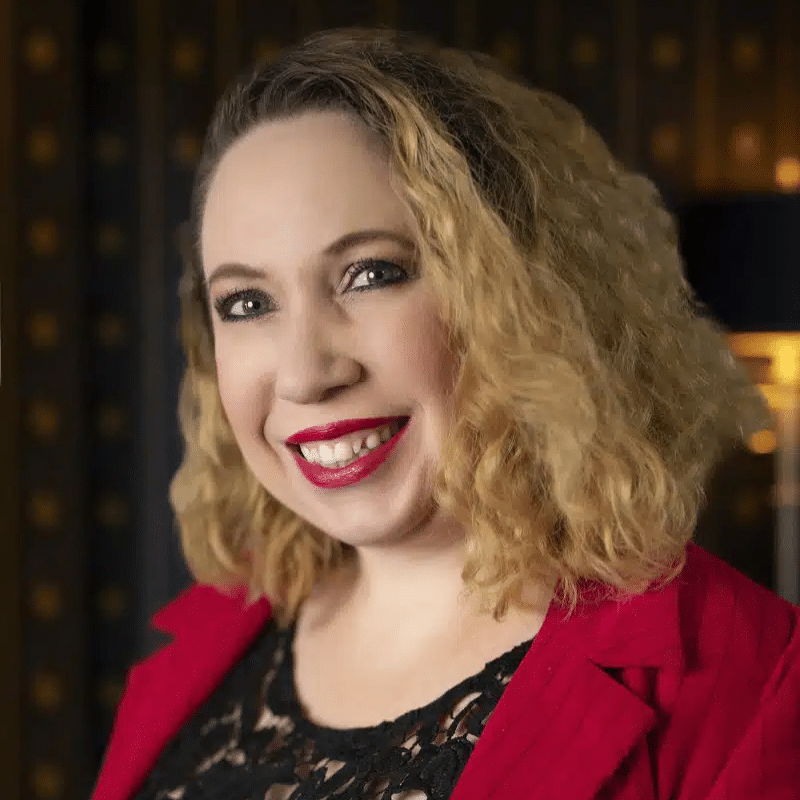Date: 8 May 2024
Patent Office: Australian Patent Office
Adjudicator: Greg Powell
Date:
Patent Office:
Adjudicator:
8 May 2024
Australian Patent Office
Greg Powell
CQMS Triumphs in Patent Opposition Against ESCO Group
CQMS has successfully opposed ESCO Group’s (ESCO) patent application on the grounds of lack of support and sufficiency. In an interesting twist, the Delegate exercised their authority under section 60(3) of the Patents Act 1990 and raised the additional opposition ground of inutility, which was not asserted by CQMS.
Background
Wear parts (eg teeth, shrouds and lips) commonly provided along the edges of excavating equipment can disengage through carrying heavy loads or under abrasive conditions. This may subsequently cause breakage or wear of downstream equipment, leading potentially to production inefficiencies. Traditional monitoring systems have limitations, often failing to detect wear levels and breakage in real-time. ESCO’s patent application proposed a system to monitor wear (ie via sensors and computerisation). However, as the opposition revealed, the patent specification lacked specific details, leading to many ‘holes’ to fill by the skilled reader.
Key Issues and Findings
CQMS opposed the patent on several grounds, including novelty, inventive step, support and sufficiency. The Delegate found that the claimed invention was novel and contained an inventive step, in contrast to CQMS’ assertions. Interestingly, CQMS did not present submissions on all claims in relation to the ground of support, rather focussing on a subset of dependent claims. The Delegate nevertheless agreed with CQMS that the subset of claims lacked support.
In relation to the disclosure requirement, the Delegate again sided with CQMS noting that the detail provided in the specification was ‘schematic and very general’, requiring the person skilled in the art to perform undue experimentation, and apply ingenuity, to perform the invention. In this regard, ESCO’s own evidence appeared to contribute to the Delegate’s finding given that there were challenges in mounting sensors on excavation buckets, which were not discussed in the specification and where claims defining sensor attachment had no constraints.
It was the Delegate’s authority under section 60(3) of the Act which also carried a heavy weight. Specifically, the Delegate found that the claimed invention could not achieve the desired purpose of monitoring equipment under extreme conditions without sensor damage. Accordingly, claims which do not include any form of sensor protection or obscuration prevention lacked utility.
Takeaways
The decision provides guidance to those seeking to challenge patent rights in Australia in that exploring all grounds of invalidity can increase chances of success. From the patentee’s perspective, being mindful of overly broad claims, ensuring adequate disclosure, and having narrower dependent claims protecting the commercial embodiment as a fallback, could be useful strategies for surviving challenge.
ESCO has until 8 August 2024 to amend the claims of its application, though the grounds of invalidity raised by the Delegate will not be easily resolved through amendment. Alternatively, ESCO may lodge an appeal before then – either to the Administrative Appeals Tribunal or Australian Federal Court.
About Pearce IP
Pearce IP is a boutique firm offering intellectual property specialist lawyers, patent attorneys and trade mark attorneys to the life sciences industries (in particular, pharmaceutical, biopharmaceutical, biotech, ag-tech and food tech). Pearce IP is the 2021 ‘Intellectual Property Team of the Year’ (Lawyers Weekly Australian Law Awards) and was shortlisted for the same award in 2022. Pearce IP is ranked in IAM Patent 1000 and Managing IP (MIP) IP Stars, in Australasian Lawyer 5 Star Awards as a ‘5 Star’ firm, and the Legal 500 APAC Guide for Intellectual Property.
Our leaders have been recognised in virtually every notable IP listing for their legal, patent and trade mark excellence including: IAM Patent 1000, IAM Strategy 300, MIP IP Stars, Doyles Guide, WIPR Leaders, 5 Star IP Lawyers, Best Lawyers, and Australasian Lawyer 5 Star Awards, and have been honoured with many awards including Australian Law Awards – IP Partner of the Year, Women in Law Awards – Partner of the Year, Women in Business Law Awards – Patent Lawyer of the Year (Asia Pacific), Most Influential Lawyers (Changemaker), among other awards.

Helen Macpherson
Executive, Lawyer (Head of Litigation –Australia)
Helen is a highly regarded intellectual property specialist and industry leader with more than 25 years’ experience advising on patents, plant breeder’s rights, trade marks, copyright and confidential information. She is known for her expertise in complex, high-value patent matters and leverages her technical background in biochemistry and molecular biology to work across a wide range of technologies, including inorganic, organic, physical and process chemistry, biochemistry, biotechnology (including genetics, molecular biology and virology), and physics. Helen is an active member of the Intellectual Property Committee of the Law Council of Australia and the Intellectual Property Society of Australia and New Zealand.

Donna Meredith
Associate, Patent & Trade Mark Attorney
Donna is a Patent and Trade Mark Attorney with more than 8 years’ post-qualification experience, and a background in biotechnology and biology.
Donna supports Australian and international clients in a range of life sciences fields including nanoparticles, pharmaceuticals, biopharmaceuticals, biotechnology, DNA sequencing, cell and gene therapy, CRISPR technologies, protein chemistry, formulation chemistry, chemical compounds, biofuels, plant varieties, ag-tech, food-tech and medical devices.

